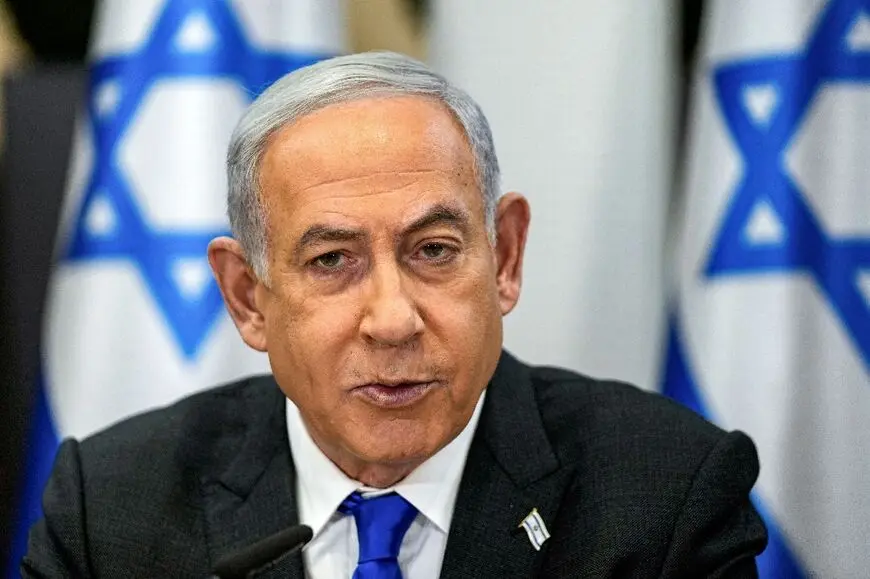The Prime Minister of Israel, Benjamin Netanyahu has insisted peace can only be achieved in Gaza if Hamas is destroyed, the territory demilitarised and Palestinian society “deradicalised”, after warning the war is set to intensify.
The announcements coincided with the World Health Organization’s Monday revelation of “harrowing” tales of whole families being killed in strikes on a Gaza refugee camp on Christmas Eve.
The battle has escalated tensions throughout the Middle East and ravaged Palestinian territory due to Israeli’s relentless assaults. As a result, there is growing international demand for a ceasefire.
But Netanyahu vowed to stay the course in an op-ed published in the Wall Street Journal on Monday night.
“Hamas must be destroyed, Gaza must be demilitarised, and Palestinian society must be deradicalised. These are the three prerequisites for peace between Israel and its Palestinian neighbours in Gaza,” Netanyahu said.
He said demilitarisation “will require establishing a temporary security zone on the perimeter” of the territory.
“For the foreseeable future Israel will have to retain overriding security responsibility over Gaza,” he said.
Read Also: Gaza War Exacting ‘Heavy Price’ On Israel Army – Netanyahu
Earlier on Monday Netanyahu visited Gaza, telling a meeting of his Likud party after his return: “We’re not stopping”.
“We’re intensifying the fighting in the coming days,” he said, according to a party statement.
The war in Gaza erupted when Palestinian militants broke through the militarised border and attacked southern Israel on October 7, killing about 1,140 people, mostly civilians, according to an AFP tally based on Israeli figures.
Fighters also seized about 250 hostages, Israel says.
Israel vowed to crush Hamas in response, and launched a retaliatory military campaign including extensive aerial bombardment and a siege of the territory. The campaign has killed at least 20,674 people, mostly women and children, according to Gaza’s Hamas-run health ministry.
On Monday, some residents of Al-Maghazi refugee camp returned to the ruins of their homes after strikes the previous day that Gaza’s health ministry said killed at least 70 people. AFP was unable to independently verify that toll.
Zeyad Awad said there was no evacuation warning before the strikes.
“What should we do? We are civilians, living peacefully and wanting only safety and security,” he said.
“Yet we are suddenly struck by Israeli warplanes without any warning.”
WHO staff visited a hospital treating victims of the Al-Maghazi strikes.
The “team heard harrowing accounts shared by health workers and victims”, the UN health agency’s chief Tedros Adhanom Ghebreyesus said on social media.
“One child had lost their whole family in the strike on the camp. A nurse at the hospital suffered the same loss,” he added.
Sean Casey, a WHO emergency medical teams coordinator who joined the mission to the hospital, described the fate of a nine-year-old being treated who was expected to die.
“He was crossing the street in front of the shelter where his family is staying and the building beside him blew up,” he said.
The Israeli army said it was “reviewing the incident”, adding it was “committed to international law including taking feasible steps to minimise harm to civilians”.
Vast areas of Gaza lie in ruins and its 2.4 million people are enduring dire shortages of water, food, fuel and medicine, alleviated only by the limited arrival of aid trucks.
Grasping empty containers, dozens of Gazans waited on a street in Rafah, in southern Gaza, for food to be distributed.

